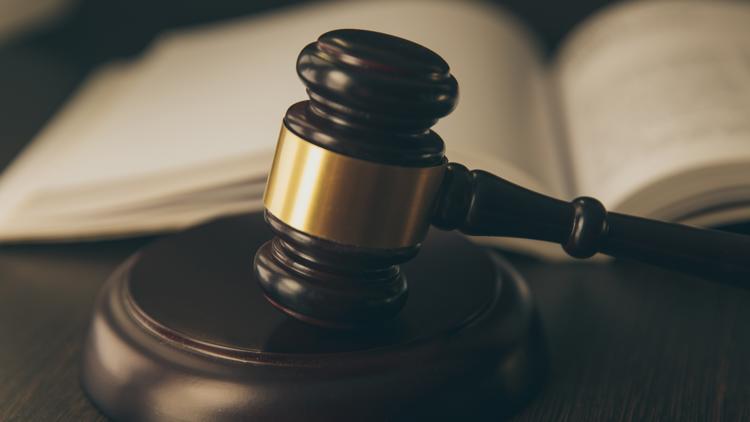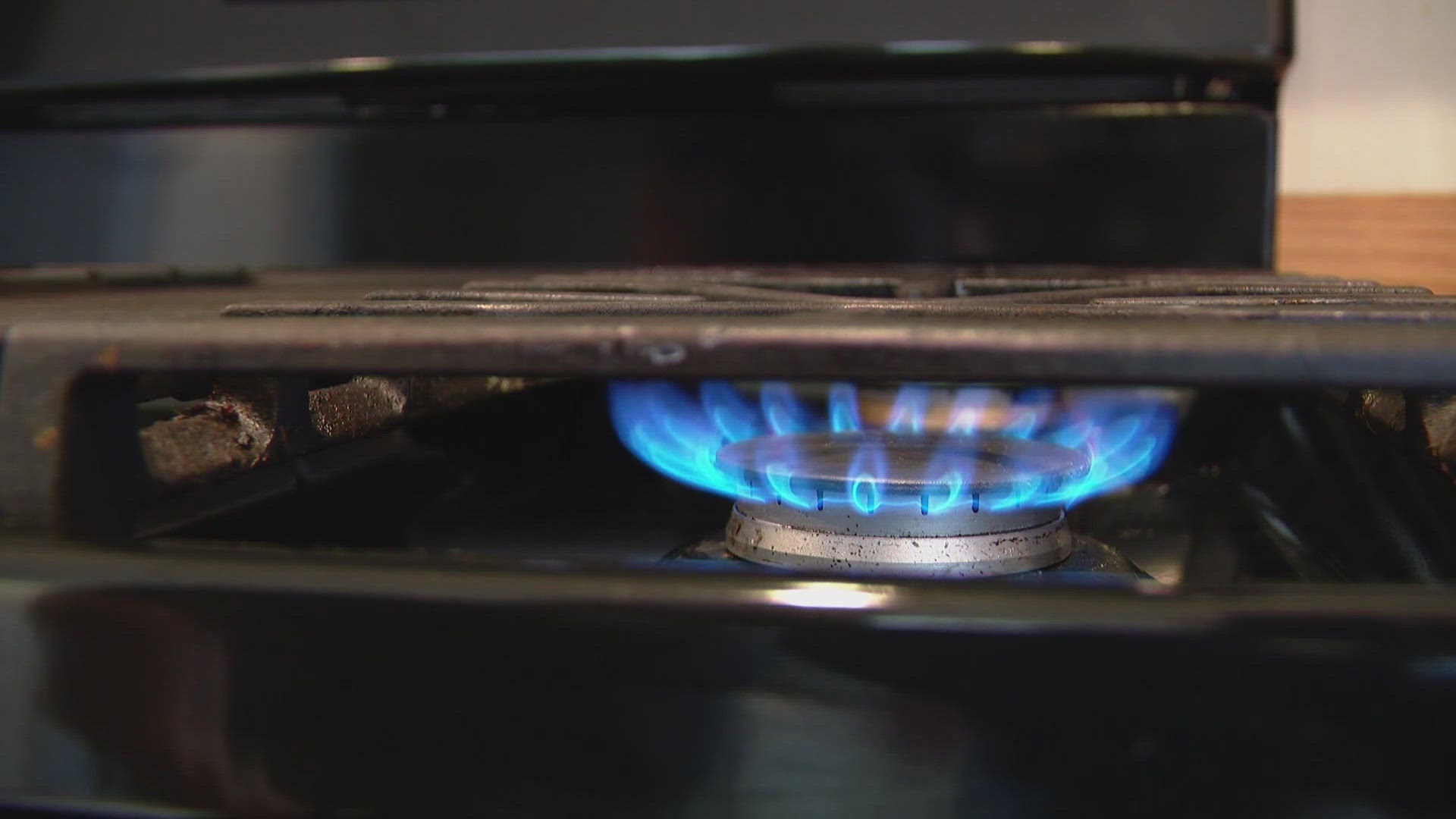OLYMPIA, Wash. — With a new year comes new laws for Washington, some of which will impact the criminal justice regulations in the state. Here are three crime and justice bills set to take effect Jan. 1 and how they will impact residents of Washington state.
Imposing criminal penalties for negligent driving involving the death of a vulnerable individual (HB 1112)
This bill creates two new offenses related to negligent driving that endangers vulnerable users of public roads.
A vulnerable road user includes pedestrians, bicyclists, scooter riders, skateboarders, horseback riders, moped operators, motorcyclists, wheelchair users and individuals operating farm equipment.
The first offense, "Negligent Driving with a Vulnerable User Victim in the first degree," is classified as a gross misdemeanor. It occurs when a driver operates a vehicle negligently, endangers or is likely to endanger others, and causes the death of a vulnerable user of a public way. Penalties for this offense include up to 364 days in jail, a fine between $1,000 and $5,000, and a 90-day suspension of driving privileges.
Additionally, the offense of "Negligent Driving in the second degree with a Vulnerable User Victim" is renamed and modified to reflect a more serious scope. This infraction now occurs when negligent driving causes great or substantial bodily harm to a vulnerable user of a public way.
The Washington Traffic Safety Commission will produce educational materials about the offense and its penalties.
Establishing a reporting hotline and tracking hate crimes and bias incidents (SB 5427)
The new piece of legislation mandates the creation of a hate crimes and bias incidents hotline overseen by the Attorney General's Office (AGO) to assist individuals targeted or affected by such incidents.
The hotline will operate during business hours and provide victim-centered, culturally competent, and trauma-informed support. It will be accessible to residents across Washington state, including those with limited language proficiency.
If a hate crime or bias incident is reported, the hotline will ask if the individual has contacted law enforcement and, with the victim's consent, share incident details with local authorities.
Law enforcement agencies must refer victims to the hotline, and the AGO will work with local service providers to offer appropriate resources. An advisory committee will help shape the hotline’s operation and priorities. Additionally, the AGO will publish an annual report on hate crimes and bias incidents starting in 2027.
The hotline will begin as a pilot program in at least three counties, including one in eastern Washington, by July 1, 2025, with statewide implementation by January 1, 2027.
Creation of a hope card program (HB 1766)
The new law directs the Administrative Office of the Courts (AOC) to develop a "Hope Card" program in collaboration with various judicial and law enforcement associations.
The Hope Card, which must be in a scannable electronic format such as a barcode or QR code, will contain crucial details about both the restrained person and the protected individual(s), including names, birthdates, physical descriptions, and relevant protection order information.
The card will serve as an official record of the protection order, including case history, and will have the same legal effect as the order itself.
Starting July 1, 2025, individuals with valid protection orders—such as domestic violence, sexual assault, or stalking orders—can request a Hope Card from the issuing court clerk at no charge for the initial card and one duplicate.
KING 5's Alex Didion contributed to this report.



